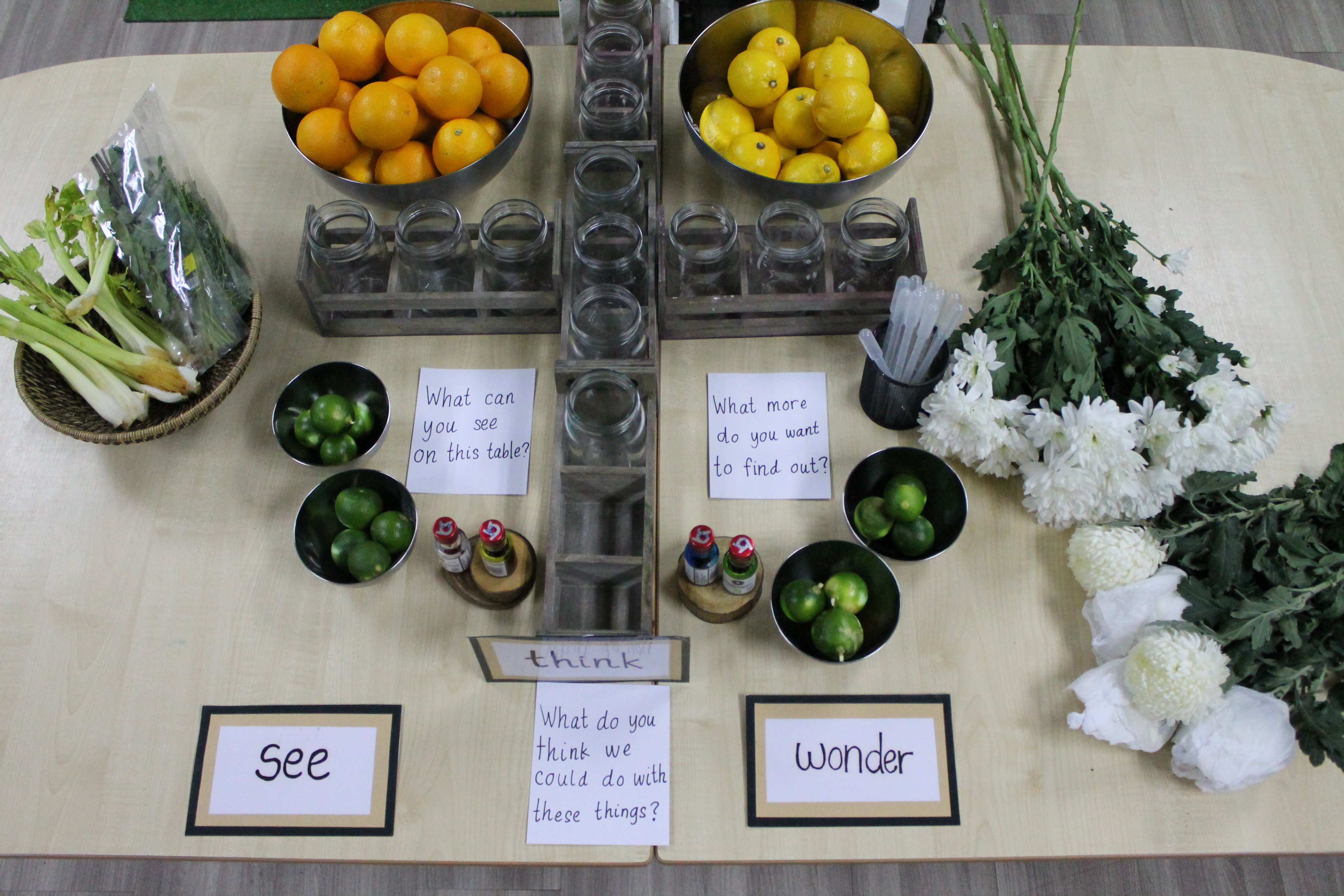The play based approach is core to our Early Years philosophy here at Alice Smith. Our teachers provide support and challenge as our children learn through play. This creates a highly personalised and tailored environment, which is appropriately challenging for each individual child.
Our aim is to ensure high levels of emotional wellbeing and involvement. This is characterised by children who are confident, comfortable, curious and eager to experiment and explore. The role of the environment as well as the teacher are continually assessed to ensure we offer a deep and challenging learning experience for all.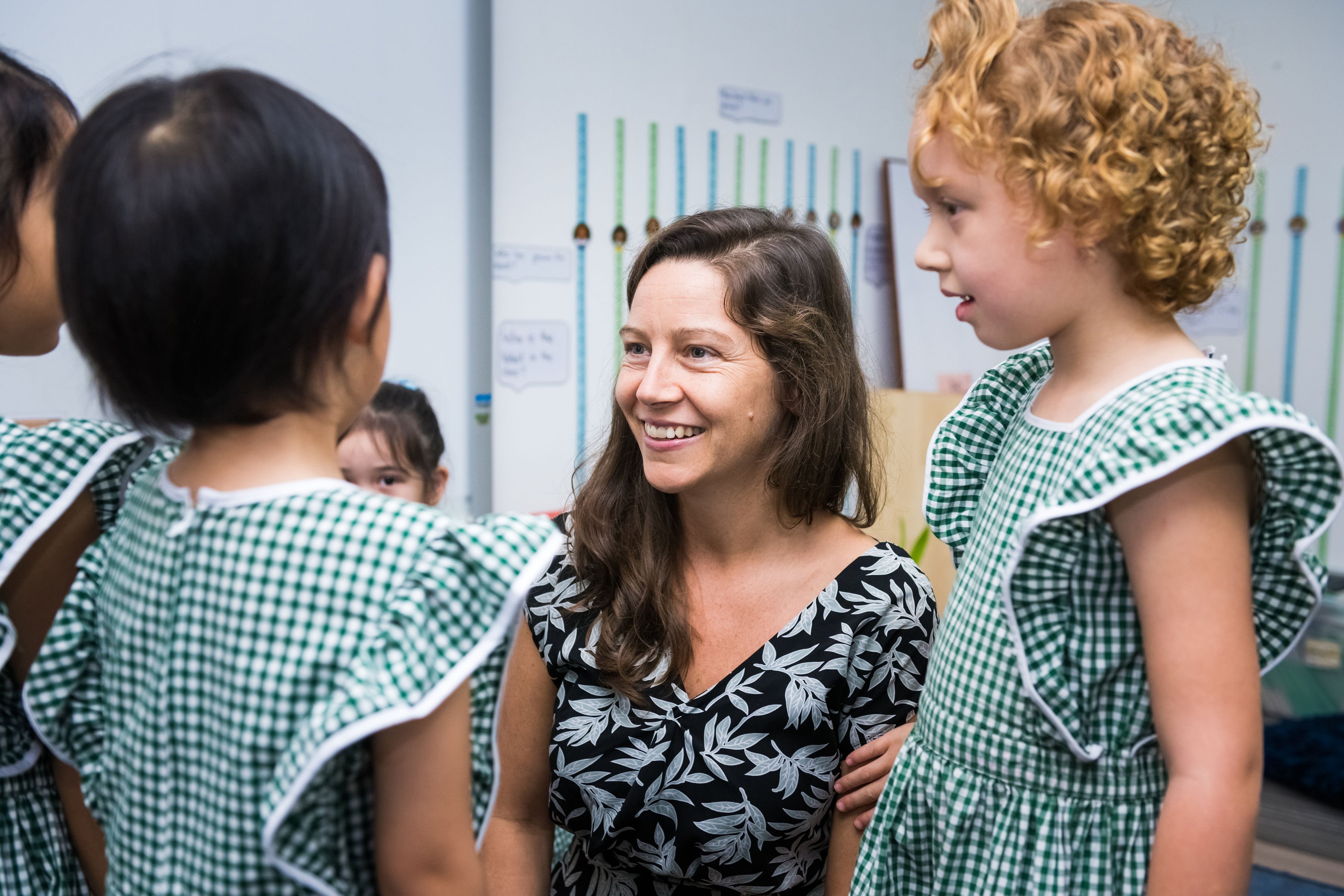
How does play-based learning help your child?
Play-based learning creates a treasure-house of wonder and joy for curious young minds. Teachers take the time to observe play, children's interactions and how individuals learn; they get to know your child and therefore are able to facilitate the right next steps.
But what are two specific ways a play-based environment can help your child?
1. Infinite achievements
“When a child plays they have no fixed agendas, no preconceived objectives that they are trying to cover, and therefore there are no limitations to what they can achieve,” says Mrs Robinson, our Reception Leader.
While your child plays, they’re exploring, hypothesising, experimenting and discovering, giving their little minds a chance to think out complex ideas without really even knowing they’re doing so.
Through play, your children will develop skills such as problem-solving, creativity, collaboration, social interaction, concentration and self-confidence.
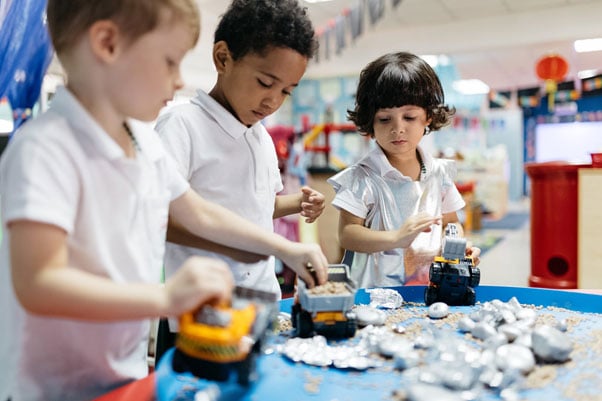
2. Children take the lead on learning
In a play-based environment, children take a leadership role when it comes to their learning depending on their interests.
“Adults are not there to dictate or run-the-show but to get to know the children so they can support and extend learning,” said Mrs Robinson.
When will my child learn maths and English?
"All the time!" is Mrs Robinson's response and she talks to us about a juicing activity the children had been engaged in.
"We don't necessarily call the children over and say 'Come here you are doing maths now' or 'doing literacy now'. For example, this morning the children were engaging in a physical and sensory activity (juicing) which, through those activities, we were covering the core skills for maths and literacy.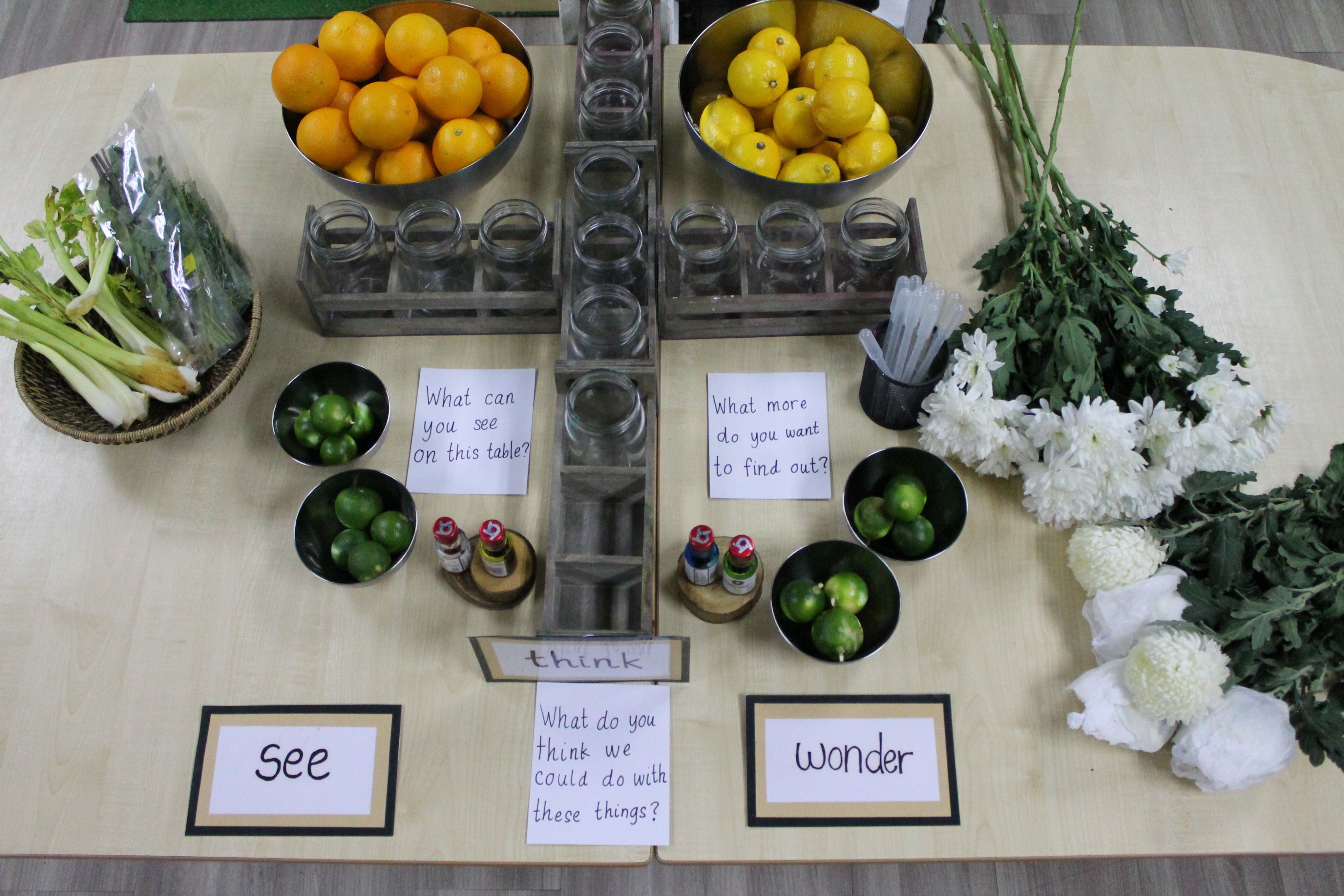
With the physical activity we were working (the muscles) all the way from our shoulder down which is essential for excellent writing, as you must develop these muscles first. We were also standing up and developing our core muscles.
When we were introducing what was on the table we looked at sounds, we did 'lemons', 'oranges' and 'seeds' and then vocabulary with the difference between 'grating' and 'zesting'.
We used questioning, which covers literacy communication and language skills before we did anything at all, asking the children, 'What do you think we are going to do with this equipment?' and 'What could we do?'
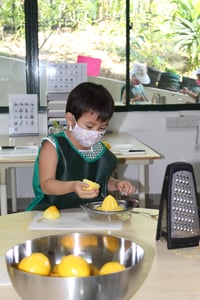

We spent a lot of time just questioning and looking at those literacy skills and then we did some cutting, so we looked at halves and quarters.
We are developing these skills in the children in everything we do."
So when a parent asks 'Why should I pay for my child to play?' I answer it's because our expert teachers, armed with the excellent resources and the environment we provide, can develop and nurture your child's skills in a completely natural way laying the best foundation for them to have a successful future.
Do you want to know more?
Click the link below for insights from our experts on ideas for play at home using simple everyday items. Play helps prepare your child for future success.
Author: Andrea Grassby, Director of Marketing and Admissions, Alice Smith School


